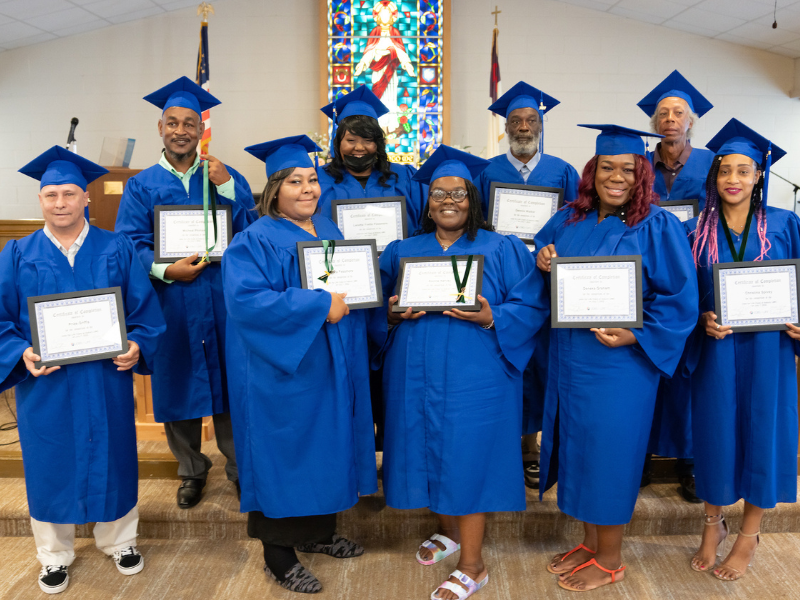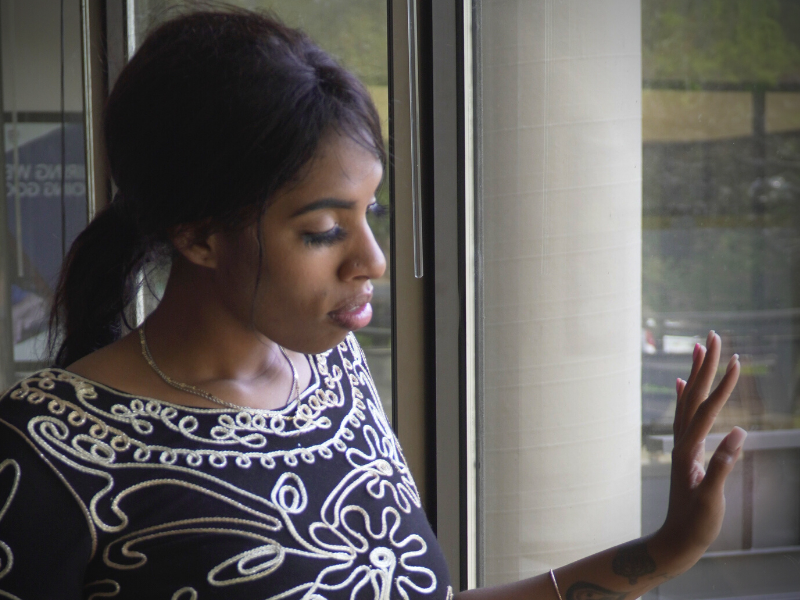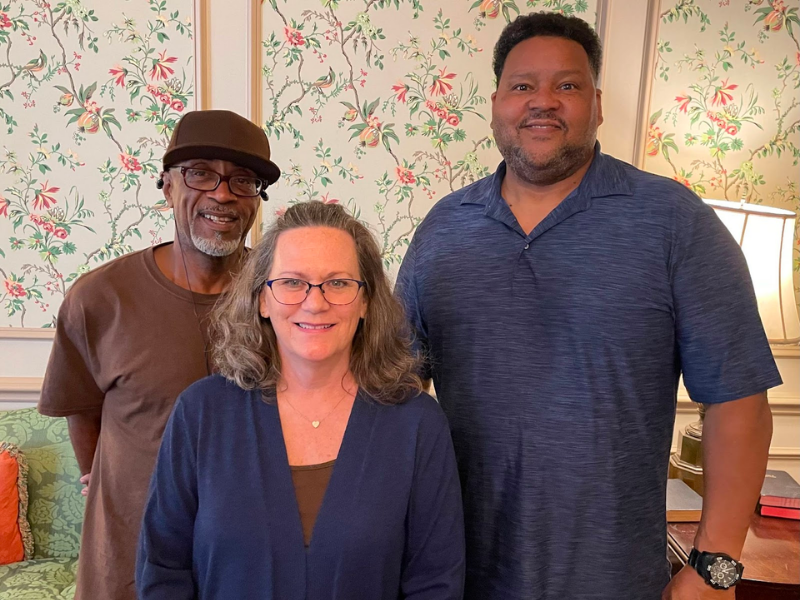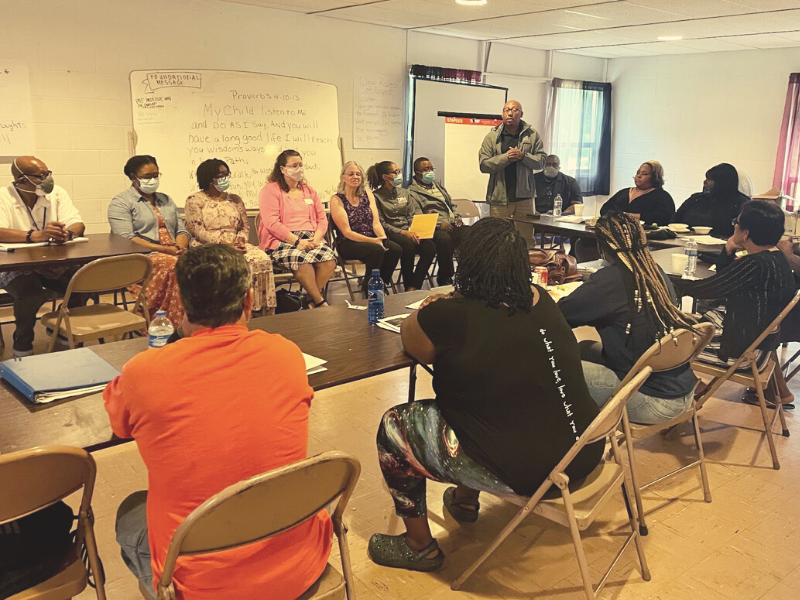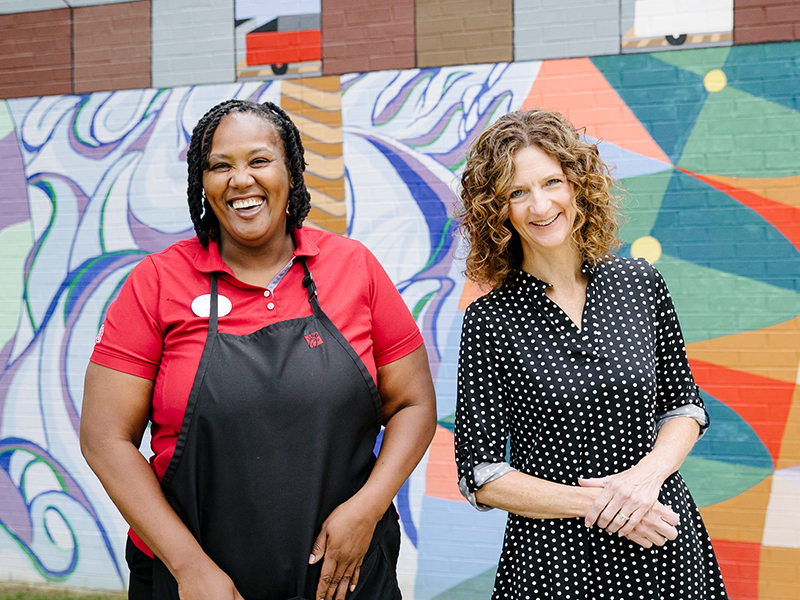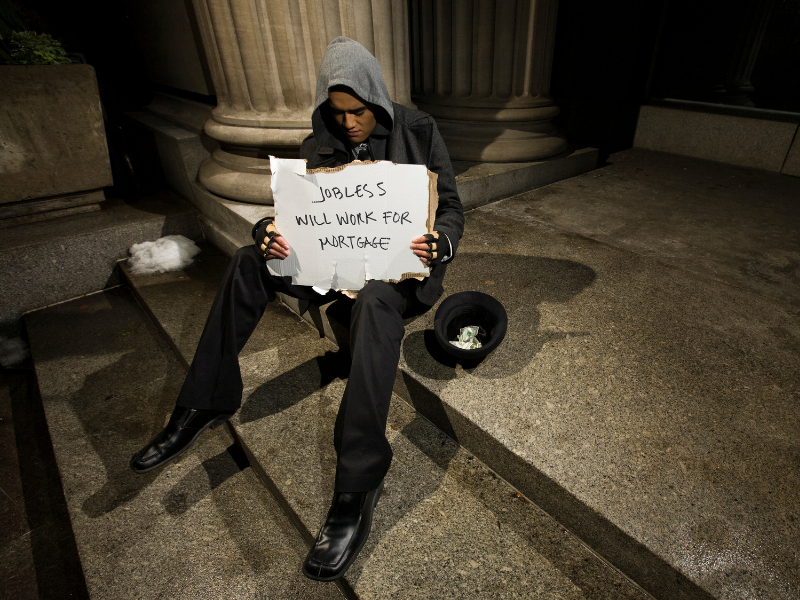
Roadblocks to work make the world a sticky place

Roadblocks to work make the world a sticky place
Key Points
- The hindrances to people finding work goes far beyond an unwillingness or inability to work.
- Those looking for work face many barriers that range from circumstantial to systemic and even policy roadblocks.
- It is important that we understand the roadblocks faced by those looking for work so that we can properly address them as we move people into work opportunities.
A story about work barriers
I met a gentleman earlier this year (we’ll call him Lenny) who stated that “he just wants to work”. His basic needs are being met, at least for now, but he can’t stand the idea that he isn’t able to contribute. While talking to Lenny and hearing his story, I realized just how many physical roadblocks he has to overcome in order to start a job, show up at a job site every single day to do the work, and get a paycheck. There are basic requirements, the things that most people take for granted as necessary and easy, that create huge barriers for Lenny.
I will share a few of these physical roadblocks below that Better Work is addressing as we work with Lenny.
Joyelle wasn’t looking for a handout, she was looking for an opportunity to provide and support her family.
Joyelle wasn’t looking for a handout, she was looking for an opportunity to provide and support her family.
Transportation
This is one of the first barriers Lenny has to consider that impacts his ability to work. His main mode of transportation is walking. He walks to shop. He walks to appointments. He walks to work when he can. Lenny will also take the bus if it is available when and where he needs to go. He has no other options for transportation.
This means that Lenny can’t work in positions that start before the bus can get him there or end after the bus stops running (currently at 8:30pm) unless that business is close enough for him to walk. He also can’t accept jobs that require him to work on Sundays because no public transportation is currently available then.
Inconsistent Work
The transportation challenges described above have caused Lenny to leave a position he worked in faithfully for 2.5 months to look for another. A change in scheduling meant he was no longer able to stay in this job. This can lead to job hopping and means Lenny is unable to get the traction he needs to set goals, get raises, and improve his current situation.
Technology
Lenny has never really used computers as most of his past work has been in jobs requiring physical labor. He has a phone and recently set up an email address but doesn’t really understand how to check it or communicate that way. This creates additional limitations in a world that more often than not requires communication via technology at every level and for any occupation.
Applications and Hiring Paperwork
Most job applications are online as well as the forms that must be completed during hiring. All of this is necessary. How else will hiring managers collect the information they need to pay you and to protect your data. These online requirements can become a roadblock for someone like Lenny.
Lenny is not so very different from others I talk to on a weekly basis. He is actually in a better position than some. Fortunately, Lenny has an ID. Many don’t. Lenny doesn’t have children at home. Many do.
Society is quick to judge people who are not working. We are quick to label them as lazy. I ask you to consider what you would do if you were in Lenny’s place. The barriers mentioned above are just a drop in the bucket for people who find themselves caught in a vicious cycle of need.
Meanwhile, Lenny continues to fight for what is important to him – the dignity of work!
Better Work Columbus will continue to fight alongside Lenny and support others like him. I urge you to be slow to judge, wary of pointing fingers, and quick to show encouragement.
